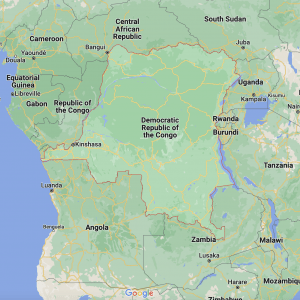Russian veto fuels concerns about food supplies in rebel-held Syria
DAMASCUS, Syria – Residents of opposition-held enclaves in Syria have expressed concern at U.N. Security Council failure for extending the mechanism for delivering aid.
The agreement, in place since 2014, allowed food, water and medicine to be delivered to the region without the Syrian government’s approval.
Russia vetoed a nine-month extension of the agreement.
The Syrian government regularly denounces these aid deliveries as a violation of its sovereignty.
Russia has gradually eroded the agreement over the years.
According to the U.N. more than four million people in northwestern Syria are in need of aid.
Save the Children has warned that the lives of millions of children depend solely on aid deliveries through the Bab al-Hawa border crossing.
Ghaith al-Shaar, a displaced Syrian living in a refugee camp near the town of Batabo, said he and his family depend on aid deliveries from the United Nations.
The conflict in Syria has claimed the lives of more than 500,000 people, displaced millions and severely damaged the country’s infrastructure and industry.
Originally, the cross-border aid agreement allowed four points of entry into rebel-held Syria. However, under pressure from China and Russia in the Security Council, it was reduced to just one, Bab al-Hawa.
After a devastating earthquake in February, Syria agreed to open two more border crossings under the control of Turkey-backed rebels. Permits for these crossings will expire in mid-August.
The UN says more than four million people are in need in northwest Syria, while it and its partners have been reaching 2.7 million people a month with aid there. Since the quake, more than 3,700 UN trucks carrying aid have crossed through the three checkpoints.
Most have passed through Bab al-Hawa, including 79 on Monday. Save the Children’s Kathryn Achilles warned that “the lives of millions of children are entirely dependent on aid through the Bab al-Hawa crossing”.
Russian representative Vassily Nebenzia on Tuesday accused Western countries of “artificially” provoking Moscow into vetoing. He also threatened to “close down” the aid delivery mechanism if support for his country’s proposed six-month renewal was not forthcoming.










